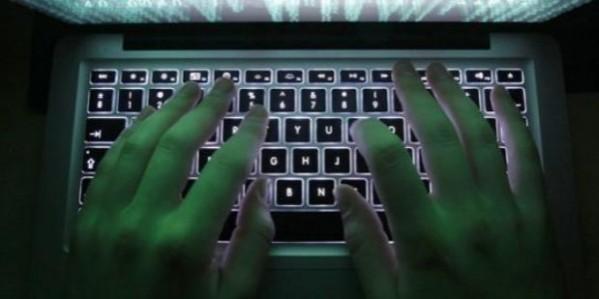
In the wake of Prime Minister Narendra Modi's demonetisation announcement, the government has been pushing for the adoption of digital cash transactions. But its efforts face the threat of hacking and malware affecting digital information systems. The government reportedly has plans to launch malware and botnet cleaning centre in India.
Computer Emergency Response Team (CERT-in) has been working for over a year on setting up a botnet cleaning centre project, which has an investment of Rs 100 crore, the Economic Times reported.
"Major cybersecurity initiative of Digital India. Soft Launch of BotNet cleaning centre of India CERT from December 20," tweeted Ajay Kumar, Additional Secretary at Ministry of Electronics and IT.
The government's new system will be free and will be automatically disinfecting computers and mobiles from viruses and malicious software.
What is a Malware?
Malwares are malicious software which is used to disrupt computer or mobile operations, gather sensitive information and gain access to computer or mobile operations
What is a Botnet?
Botnets is a network of malicious softwares that can steal information, take control of device function and carry out cyber attacks like Distributed Denial-of-Service (DDoS) that prevent access of websites. The word botnet is a combination of the words robot and network.
So what does the new Botnet centre do?
From December 20, Internet service providers (ISPs) in the country will be informed by CERT about the infected systems or mobiles. ISPs in turn will then alert the customer about the virus or malware. The infected user will be directed to the Botnet centre if they want to clean their system or mobile.
The CERT team is also working with anti-virus software companies to get technical help in removing the virus of the infected system or device. It is also working with as the Reserve Bank of India to minimise the number of phishing websites. Phishing websites are one of the main causes for frauds in online transactions.
Kumar confirmed that once the system is in place, the government will operationalise the complete system around December 26. Doing so will effectively do away with the need to install anti-virus software in PC and smart phones for mobile users in India.
Malwares attacking Indian smart phone and PC users and leading to frauds:
- Android Gooligan
- Cerber
- Android HummingBad
- Ranscam
- Skimming at PoS machines
The above information was shared by P P Chaudhary, minister of state for Electronics and Information Technology in parliament.
Recently, the Twitter and email accounts of Rahul Gandhi, Vijay Mallya, and journalists Barkha Dutt and Ravish Kumar were hacked by a hacker group called Legion.









!['Had denied Housefull franchise as they wanted me to wear a bikini': Tia Bajpai on turning down bold scripts [Exclusive]](https://data1.ibtimes.co.in/en/full/806605/had-denied-housefull-franchise-they-wanted-me-wear-bikini-tia-bajpai-turning-down-bold.png?w=220&h=138)



